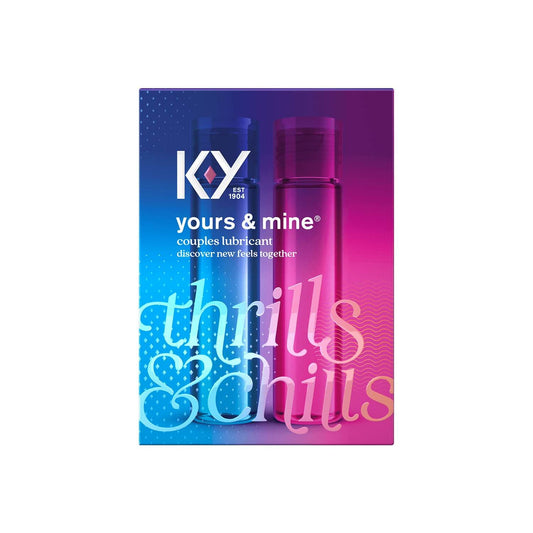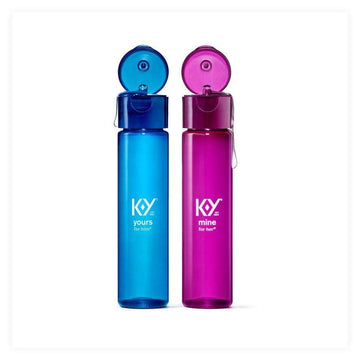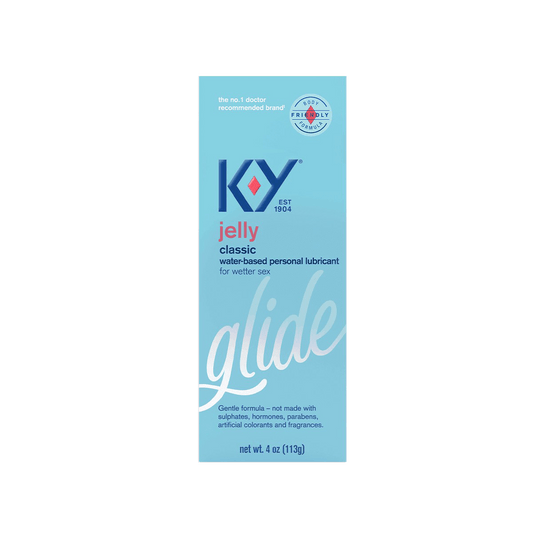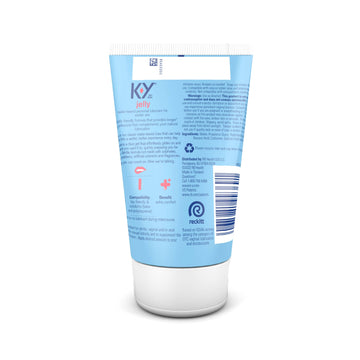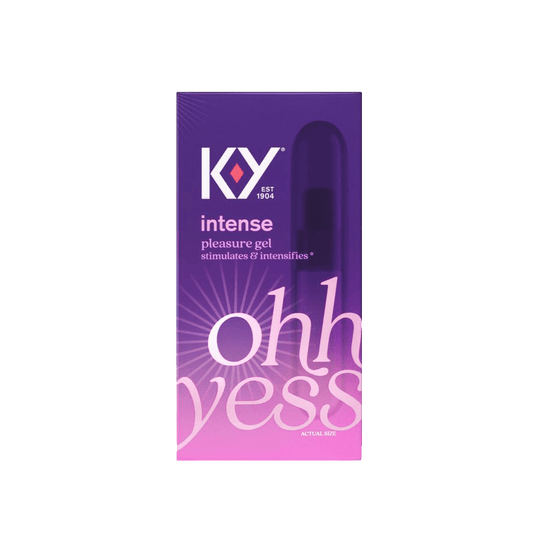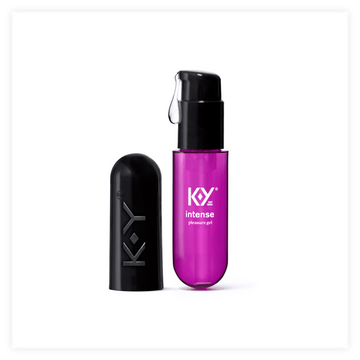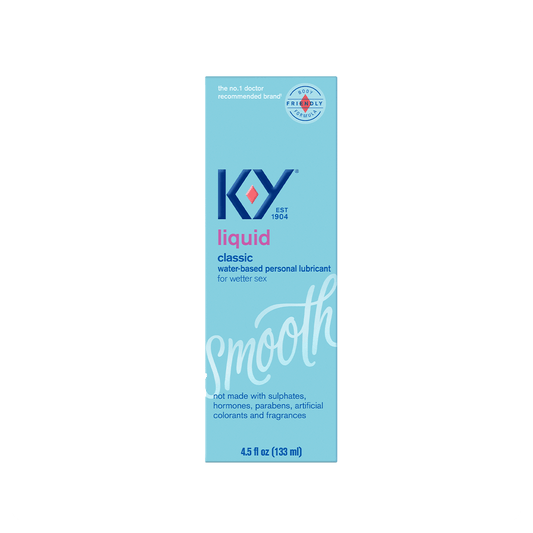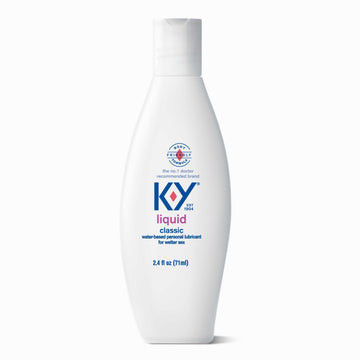Why So Dry? Potential Reasons for Vaginal Dryness
In a world where women are increasingly vocal about their needs and desires in the realm of sex, vaginal dryness remains a hushed concern. But let's break the silence: It's not exclusive to menopause, and there's absolutely no shame attached.
Shattering the stigma around dryness is a crucial step towards inclusivity for women across all life phases. Although vaginal dryness tends to be most common in women during or after menopause when there is a decline in estrogen, it can happen at any time throughout life. So, why the dryness? A range of factors are at play.
Some Potential Causes of Vaginal Dryness
![]()
According to Cleveland Clinic, estrogen can play a key role in vaginal dryness. Estrogen keeps the vagina moist and also helps to support the thickness of the vagina’s lining. When estrogen decreases, so does moisture. This condition is known as atrophic vaginitis or vaginal atrophy.
It’s true estrogen levels dwindle during menopause but according to the same piece, there’s more to the story when it comes to that dreaded dry spell:
- During your period, hormone levels can vary at different times of the menstrual cycle.
- After having a baby, your hormones may be way off; especially if you’re breastfeeding.
- During chemo or radiation therapy for pelvic cancer, or after removal of the ovaries, you may experience dryness.
- Certain medications like low-dose hormonal birth control can halt estrogen production and lead to dryness.
- In addition to many other health risks, smokers may have an increased risk of an earlier menopause leading to less estrogen production and vaginal dryness.
- You may need more foreplay. It may take a minute to sync up your body and your brain. Ask your partner for a little more time to get hot and bothered i.e. wet before you take it to the next level. Otherwise, you may just not be that into him/her.
And if the idea of period sex doesn’t do it for you, you may want to rethink getting turned on at that time of the month. According to Dr. Jolene Brighten NMD, FABNE, a hormone expert and thought leader in women’s medicine, menstrual blood can act as a natural lubricant so things can get steamy with ease.
Talking About Vaginal Dryness and Vaginal Lubrication

Now that you know some common causes of vaginal dryness, it’s time to talk to your partner or friend with benefits about what’s going on. Whether it’s a legitimate need for more foreplay or simply a product of your cycle, you need to talk it out before you work it out.
Talking about vaginal dryness is an opportunity to increase connection and intimacy, and something a couple should deal with together. “It is difficult to talk about issues that make us feel vulnerable,” she says, but “part of what ends up disconnecting couples is the withdrawal and other defenses that arise in trying to protect oneself from shame or embarrassment.”
She adds, “Learning to talk about our fears and vulnerabilities with our partners strengthens our connection and overall relationship. It provides our partner with the chance to listen to our concern, validate it, and offer empathy.”
It’s also worth talking to your doctor and other women to encourage a bigger conversation in society at large. Dryness is not your fault, and you are not alone. Get in touch with what’s going on down below and further your confidence, well-being, and satisfaction.
Vaginal Lubrication with K-Y®
If you’re suffering from vaginal dryness be sure to speak with your doctor or healthcare professional, and try a product like K-Y® Liquibeads Vaginal Moisturizer which feels like your own natural moisture and allows for spontaneity whenever you’re in the mood.
And to learn more about the lube that’s right for you, check out our product page here.
Resources
National Library of Medicine, Atrophic Vaginitis
Oophorectomy Cleveland Clinic
(2022), Vaginal Dryness
Dr.Jolene Brighten (2022), Period Sex: Why It Is a Good Thing
Mayo Clinic, Mayo Clinic Q and A: Managing vaginal dryness Mayo Clinic, Vaginal atrophy



